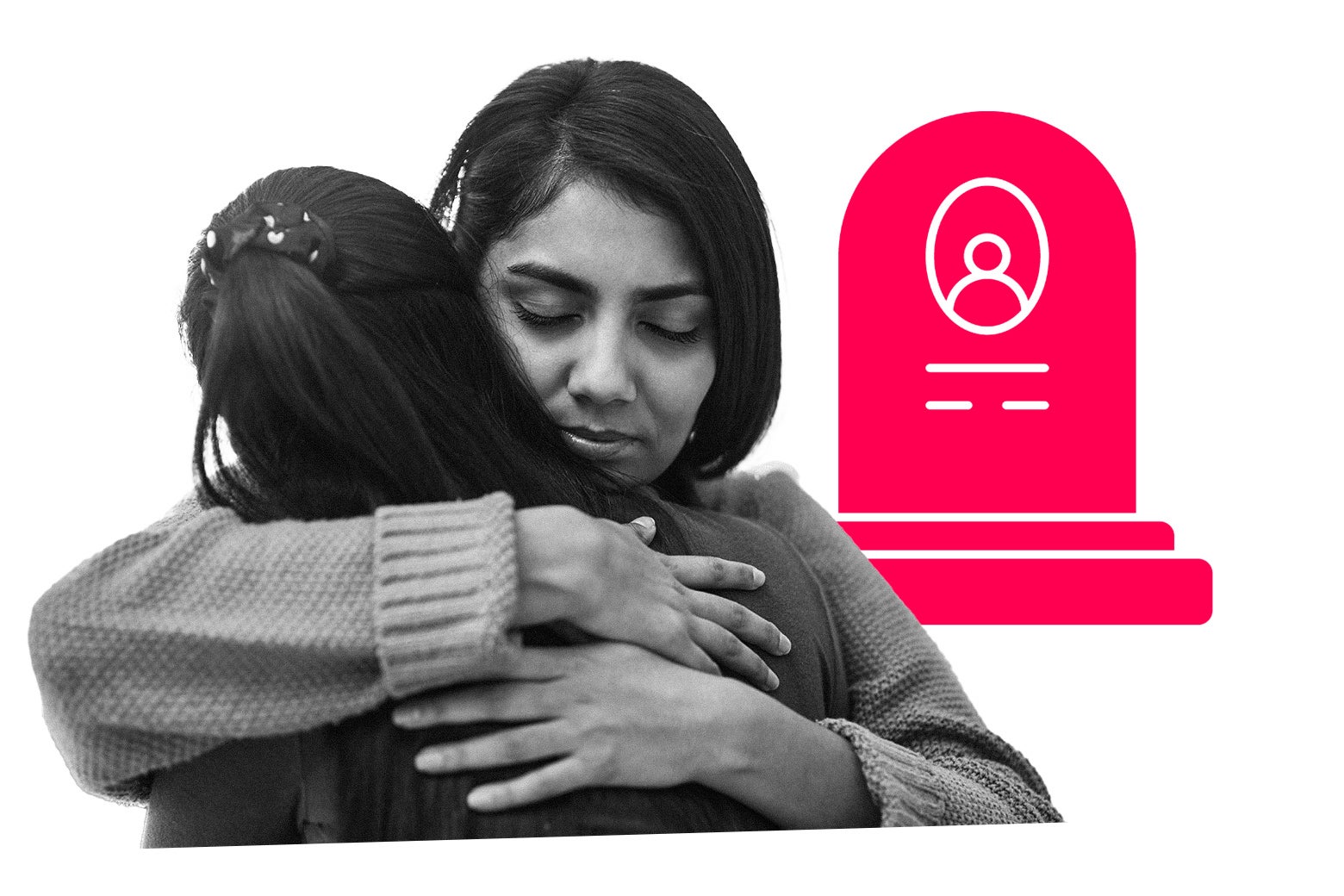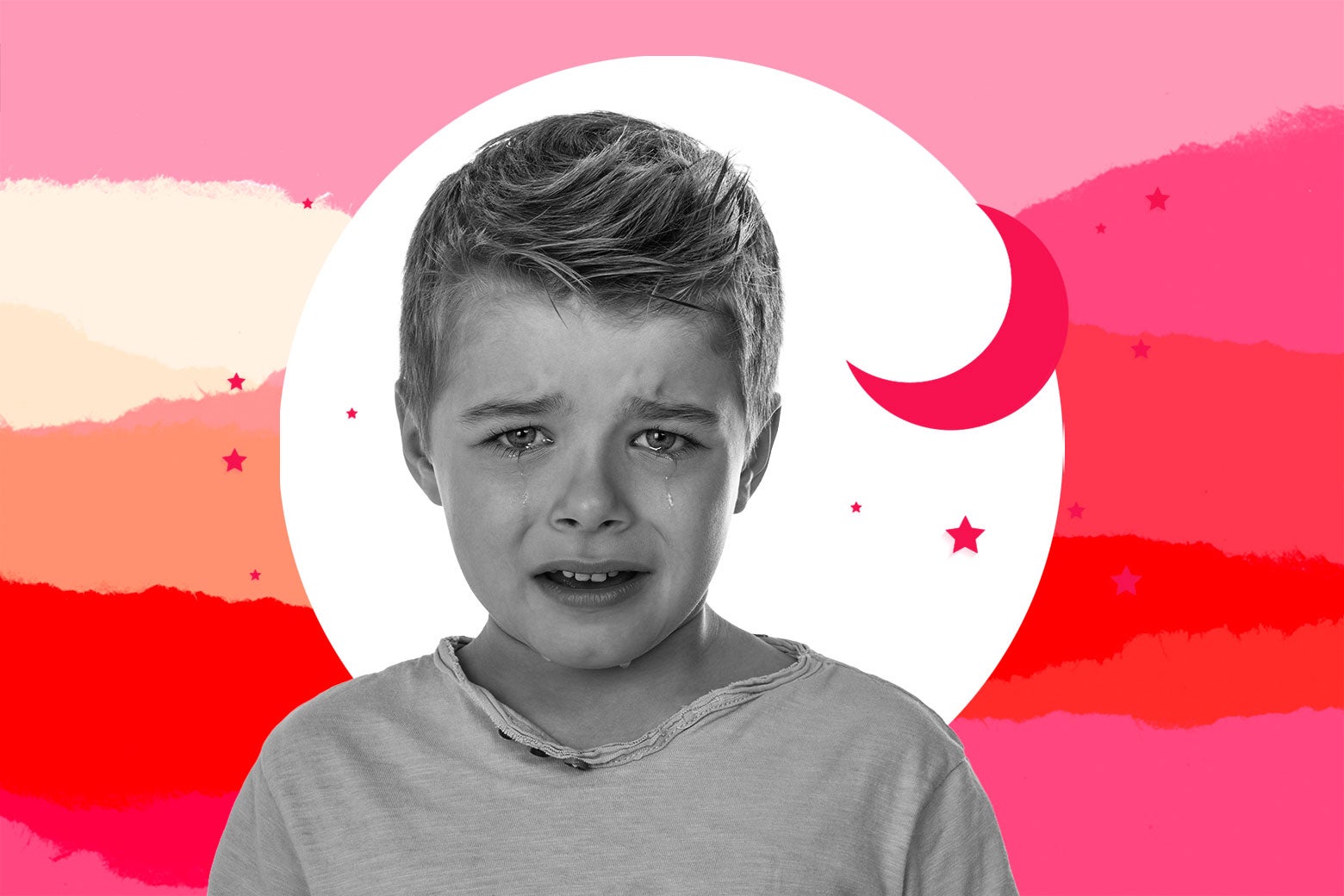Relationships
fromHuffPost
14 hours agoGrown-Ass Men Reveal The Moment They Knew They Were A 'Manchild'
A father's failure to verify his son's event schedule resulted in missing the competition, revealing a pattern of delegating parental responsibilities and prioritizing being liked over being a responsible adult.









